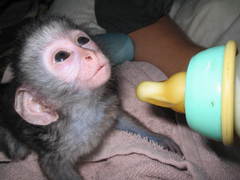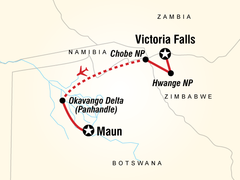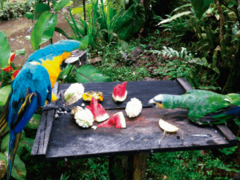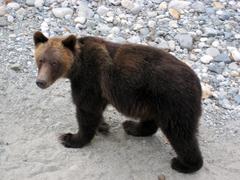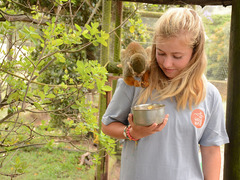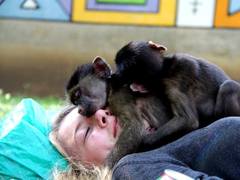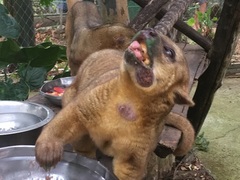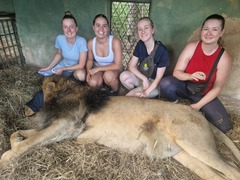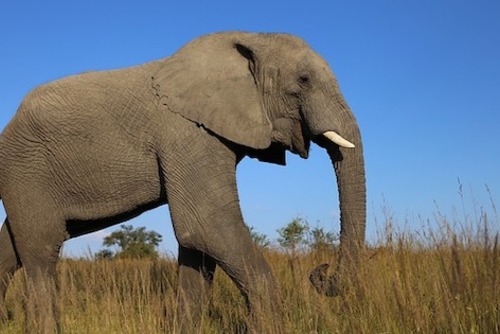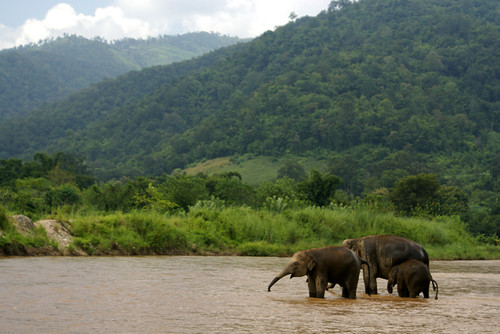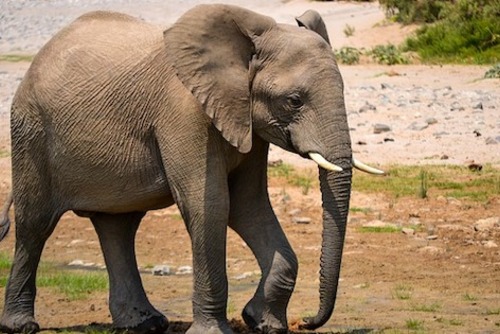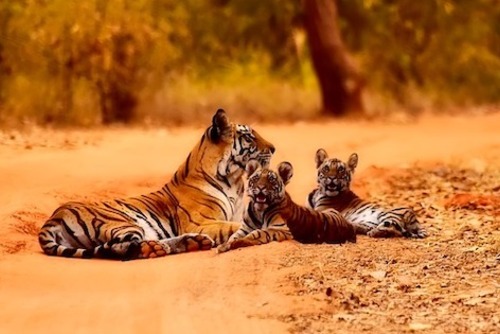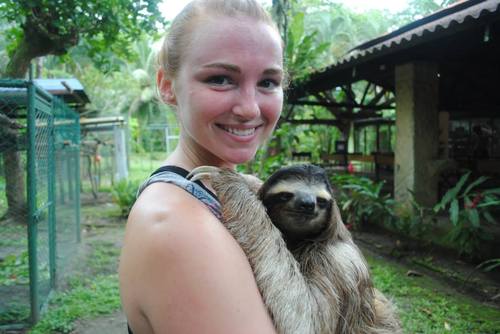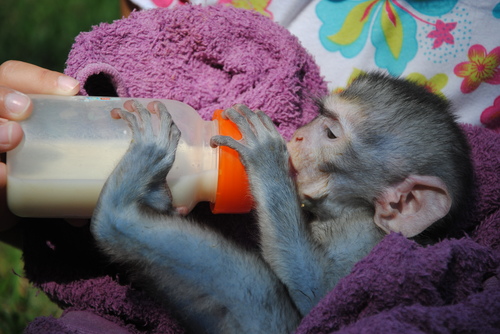Chipangali is a haven for wild animals which have little hope for survival in the wild – creatures which have been orphaned, abandoned, injured, born in captivity or brought up unsuccessfully as pets. It is often the last refuge for those brought in sick or injured, and increasingly it is a sanctuary for confiscated animals.
Chipangali has been featured in countless documentaries and is now world renowned for its pioneering work and is famed as one of Africa’s largest and most successful wildlife rehabilitation/release centers. The wildlife Orphanage was established in 1973 by ex-game ranger Vivian Wilson and his wife Paddy, and its primary function is to offer a home to orphaned, abandoned and sick wild animals.
Chipangali is not a zoo. Wherever possible, rescued animals and birds are rehabilitated and returned to the wild. If safe release into their natural habitat is not possible, animals are cared for and kept for educational purposes and zoological study. In the case of endangered species, captive breeding programs may also be undertaken.
Chipangali Wildlife Orphanage is a registered Welfare Organization (38/77) in Zimbabwe. The word Chipangali comes from the Chinyanja language in eastern Zambia where Viv Wilson originally began his career in with the Zambia Government as a tsetse-fly control operator, it is here that the whole concept of Chipangali was born and derived. The word means ‘open friendly country’.
Functions
- Rehabilitation: To provide a service to rescue and care for injured wildlife, thereby providing a home for the many injured, sick, orphaned, abused, confiscated or abandoned wild animals from anywhere in Zimbabwe.
- Education: to educate the Zimbabwe public, especially young children, with the aid of live viewing of many species not easily seen in the wild. Provide relevant lectures, film and slide shows for visiting groups. Thus providing a local resource centre for children to appreciate the important value of Zimbabwe’s natural heritage.
- Nature Conservation: to teach people and especially children, to appreciate the wonder and variety of indigenous wildlife and not to take it for granted that these animals or their environment will not always be there for their enjoyment without the correct management of our natural resources.
- Research: to observe and record useful zoological information on captive animals such as body growth and development, nutrition, dentition and gestation periods. Relevant research and field surveys are undertaken in the wild, under natural conditions in National Parks and protected areas.
- Cooperation: To provide a link between local and governmental authorities thus being able to offer assistance to organizations like SPCA, National Parks, schools and private individuals where ever problem animals are concerned.
Tasks
During your first week you will be getting to know how the orphanage runs, during this time you will work with the different teams. You will get an introduction into working with the carnivores, primates, birds of prey, snakes and domestic animals. Your main duties will include
- Preparing food for the animals, all the different sections are different as they all require a specific diet.
- Feeding the animals, some of the animals are dangerous so the volunteers get to observe while the workers feed them, these are animals such as the snakes and crocodiles.
- Clean out enclosure, this does including the large carnivores.
- Helping with enrichment ideas for the animals.
- Helping to build and maintain enclosures.
- Giving tours and educating the public.
Hand rearing orphans that come into Chipangali, this is the most rewarding task as you get to comfort them when they cry, feed them when they get hungry and generally just play with baby animals. This can also be very tiring as they may need feeding during the night or just need a cuddle when they get scared.

